The First QA Engineer in a Startup: How to Succeed (Step-by-Step Guide)
The First QA Engineer in a Startup: How to Succeed (Step-by-Step Guide)
Becoming the first QA or QA Automation Engineer in a startup is both exciting and challenging. You’re not just “the tester” — you’re shaping how quality is built into the product and culture. From setting up processes and tools to influencing release speed and stability, your impact is visible from the very first day.
This article gives you a 6-month roadmap, based on 10+ years of QA experience, to help you succeed in this unique role.
This article gives you a 6-month roadmap, based on 10+ years of QA experience, to help you succeed in this unique role.

Key Takeaways
- Understand what it means to be the first QA hire in a startup.
- Learn what to do in your first week, month, and quarter.
- Discover best practices for manual testing, automation, and tool selection.
- Avoid common mistakes that make QA look like a bottleneck.
- See how QA Bootcamps like Codemify prepare you for this exact job.
What Does the First QA Engineer Do?
As the sole QA in a startup, your job goes far beyond running test cases.
You’re:
You’re:
- Analyzing requirements and product vision
- Designing QA processes and workflows
- Defining metrics to measure improvements
- Building automation for UI, API, and CI/CD
- Balancing manual and automated testing
- Connecting with teams and bringing structure to a fast-moving environment
The 6-Month QA Roadmap

Week 1: Understand & Connect
Pro Tip: Record “before” metrics (bug counts, release times, manual testing hours). Later you’ll use these to prove your impact.
Weeks 2–4: Build the Basics
Start with manual testing aligned to release cadence.
- Read product documentation, watch demos, explore the backlog.
- Meet PMs, developers, and even the CTO if possible.
- Review the current release process and QA setup.
Pro Tip: Record “before” metrics (bug counts, release times, manual testing hours). Later you’ll use these to prove your impact.
Weeks 2–4: Build the Basics
Start with manual testing aligned to release cadence.
- Introduce test case management (TestRail, Zephyr, or even a shared doc at first).
- Use Postman/Insomnia for API testing.
- Document workflows in Confluence or Notion.
Months 1–3: Kick Off Automation
Choose your framework (Playwright > Cypress for speed and reliability).
Choose your framework (Playwright > Cypress for speed and reliability).
- Select your programming language (JavaScript/TypeScript, Python, or Java).
- Build your first automated UI and API checks.
- Establish standards for environments and release practices.
Months 4–6: Scale & Lead
- Expand automation coverage to critical features.
- Integrate automated tests into CI/CD pipelines.
- Start reporting QA metrics to leadership (e.g., “We reduced regression testing by 80%”).
- Position yourself as a future QA Lead by showing both technical and leadership impact.
Best Practices for First QA Engineers
- Write everything down → Documentation builds trust and saves time later.
- Collaborate, don’t dictate → QA should be a partner, not a blocker.
- Deliver quick wins → A regression suite or smoke tests build credibility fast.
- Keep learning → Tools evolve quickly. Stay ahead of the curve.
FAQ
Q1: I don’t have a tech background. Can I still become a QA Engineer?
Yes! Many QA professionals transition from non-tech fields with structured training like bootcamps.
Q2: What’s the best automation tool to start with?
Begin with Playwright — it’s modern, stable, and widely adopted.
Q3: What’s the biggest mistake first QA engineers make?
Trying to change everything too quickly. Build trust first, then improve gradually.
Q4: How do I show my impact to management?
Track before/after metrics: number of bugs caught, release speed, automation coverage..
Want to see this article in video format?
Click here and watch the video version on YouTube — and don’t forget to subscribe so you never miss new QA stories!
Or if you’re serious about breaking into tech:
Apply to the Codemify Bootcamp — and start building your future now.
Let’s make tech simple — and profitable — for you.
See you in class,
— Sergii
Founder of Codemify
Follow us on YouTube | Join the Bootcamp
Yes! Many QA professionals transition from non-tech fields with structured training like bootcamps.
Q2: What’s the best automation tool to start with?
Begin with Playwright — it’s modern, stable, and widely adopted.
Q3: What’s the biggest mistake first QA engineers make?
Trying to change everything too quickly. Build trust first, then improve gradually.
Q4: How do I show my impact to management?
Track before/after metrics: number of bugs caught, release speed, automation coverage..
Want to see this article in video format?
Click here and watch the video version on YouTube — and don’t forget to subscribe so you never miss new QA stories!
Or if you’re serious about breaking into tech:
Apply to the Codemify Bootcamp — and start building your future now.
Let’s make tech simple — and profitable — for you.
See you in class,
— Sergii
Founder of Codemify
Follow us on YouTube | Join the Bootcamp



